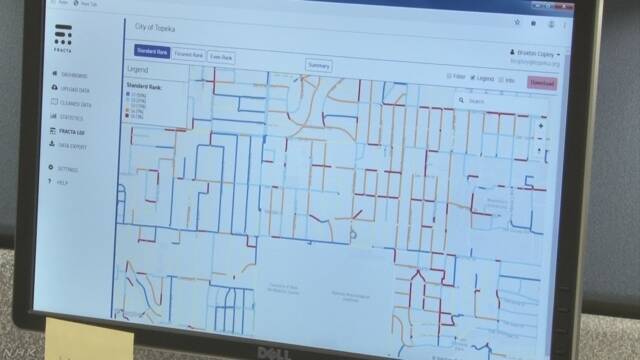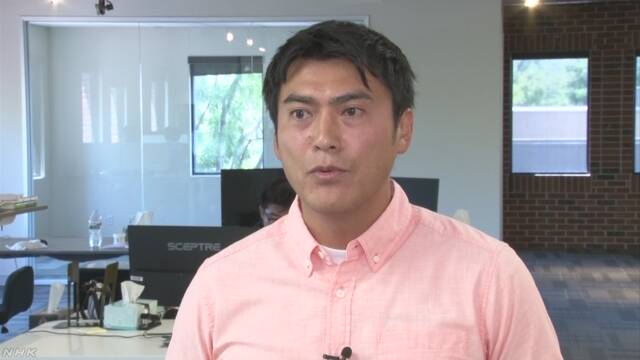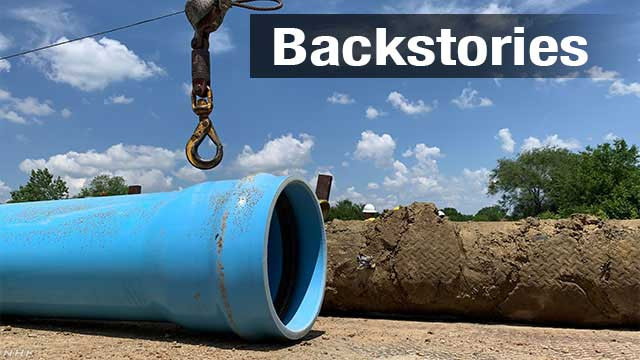Water pipe mains aren’t as sexy as self-driving cars or smart cities, but people tend to notice when they stop working. The city of Topeka, Kansas, has 890 miles of water mains and experiences 596 breaks per year, or 53 breaks per 100 miles of pipe. These cost the city $2.5 million to fix.
"I have a very limited budget and I have a large number of capital needs," says Braxton Copley, Topeka's deputy utilities director.
In May, the city turned to Fracta, an AI company based in Silicon Valley, to help it make better data-driven decisions to determine how to allocate its resources when fixing water mains.
"By having an AI-based model on the likelihood of failure, it allows us to use real data in terms of what lines are most likely to break," Copley says. "I can identify those lines for replacement. Back in the old days, we’d be relying on guys out in the field."

This is how the system works: the city sends Fracta all its break data for the past 17 years. The company takes the data and, using its model, provides the city with a vigorous set of information that shows the likelihood of failure of each water line.
"Once you use our software, you can save 40% of the capital expense you have to spend in replacing the water main pipe," says Takashi Kato, founder and CEO of Fracta. "That’s a gigantic amount of money."

Kato started Fracta four years ago, after making his name in robotics. His old company, SCHAFT, won the 2013 U.S. DARPA (Defense Advanced Research Projects Agency) Robotics Challenge Trials and was bought by Google.
After just four years, Fracta’s technology is now used by 40 water utilities in 18 US states, and the company has expanded to the Japanese and UK markets. But a city’s infrastructure is more than just its water mains.
"I'd like to do business in the telecommunications space, in a bunch of other things that can be analyzed with exactly the same algorithms," he says. His goal is to dominate the infrastructure market, starting with water mains.
The city of the future may very well be built from the internet up, but for cities like Topeka, water mains remain a problem of today.

